Last updated on July 19th, 2022 at 02:33 pm
Raspberries contain a vast array of powerful antioxidants with so many benefits that play a role in regulating the metabolism and fighting against many disease processes. The anti-inflammatory compound called ellagic acid can protect against cancer. Raspberry leaves can be made into an infusion or tea that supports the uterus in preparation for birth. Raspberries are also rich in beta-carotene, vitamin C, and folate.
Raspberries are a summer staple in our home.
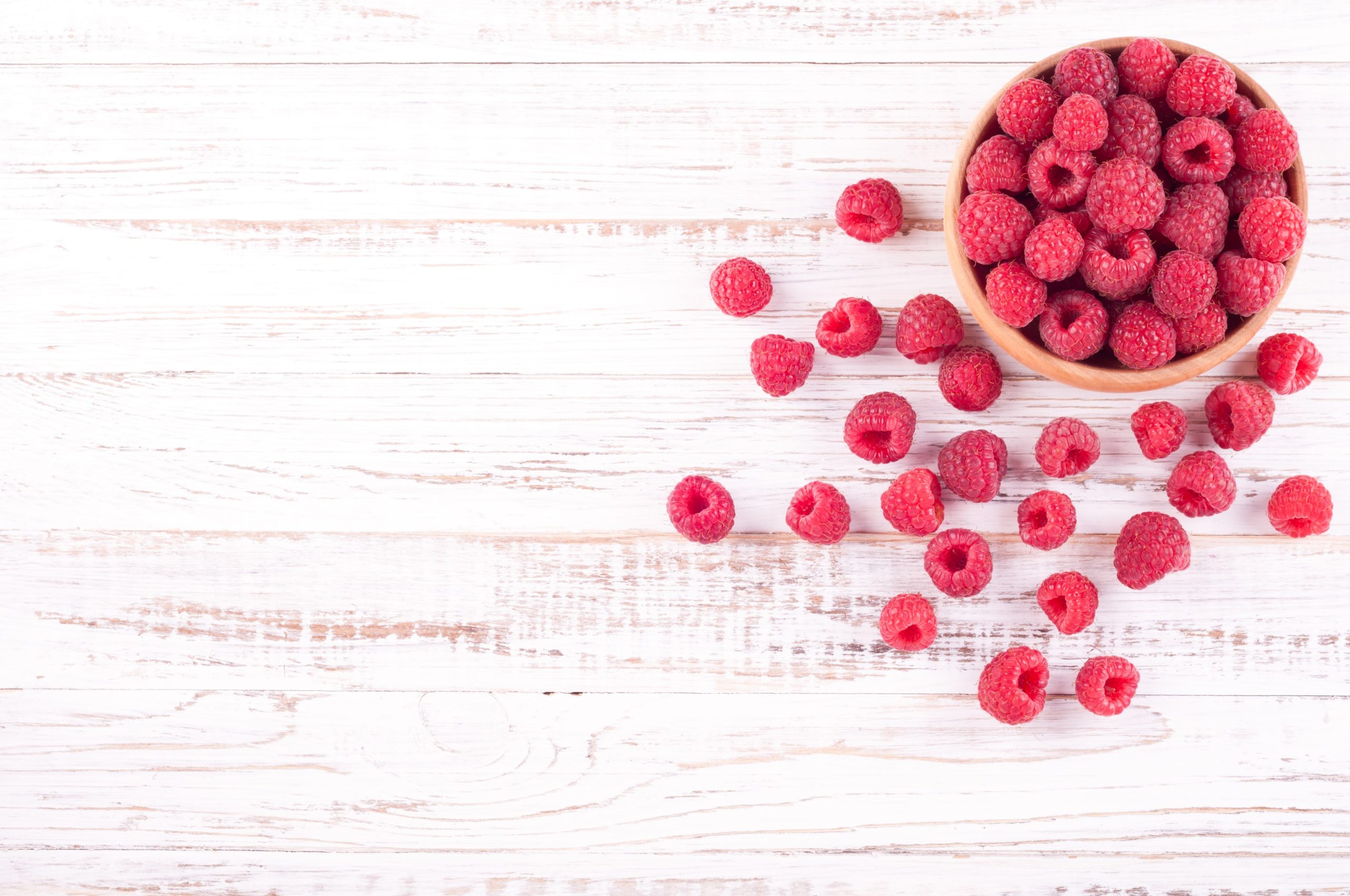
What are raspberries good for?
Metabolic Health
Raspberries contain a phenolic compound called rheosmin which stimulates the metabolism. Raspberries also help regulate blood sugar levels thanks to their richness of a compound called tiliroside.
Anticancer
Raspberries contain phytonutrients that may inhibit the development of certain cancers. They are also rich in ellagic acid (an anti-inflammatory compound) that may protect against certain cancers and certain bowel conditions.
Pregnancy Supportive
Raspberry leaves are rich in tannins that help tone and strengthen the uterus in preparation for birth during the 3rd trimester of pregnancy.
How to get the most from your raspberries?
♦ Eat organic. Organic raspberries tend to have a significantly higher amount of antioxidants than non-organic raspberries. You also reduce your exposure to harmful pesticides when eating organic.
♦ Eat them in season and when ripe. Fully ripe raspberries contain significantly more antioxidants than unripe ones.
♦ Use the leaves. Fresh or dried raspberry leaves are great to make a pregnancy supportive tea.
How to make tea from raspberry leaves?
♦ Simply place a handful of fresh raspberry leaves into a glass jar or teapot.
♦ Cover the leaves with boiling water and allow them to steep for 10-15 minutes.
♦ Strain and serve.
Please note: you can also make a delicious and effective herbal infusion with dried raspberry leaves when fresh isn’t available.
Disclaimer: This article is not intended to provide medical advice, diagnosis, or treatment.
I get all my dried herbs, spices, loose-leaf teas, and mushroom powders from Mountain Rose Herbs!
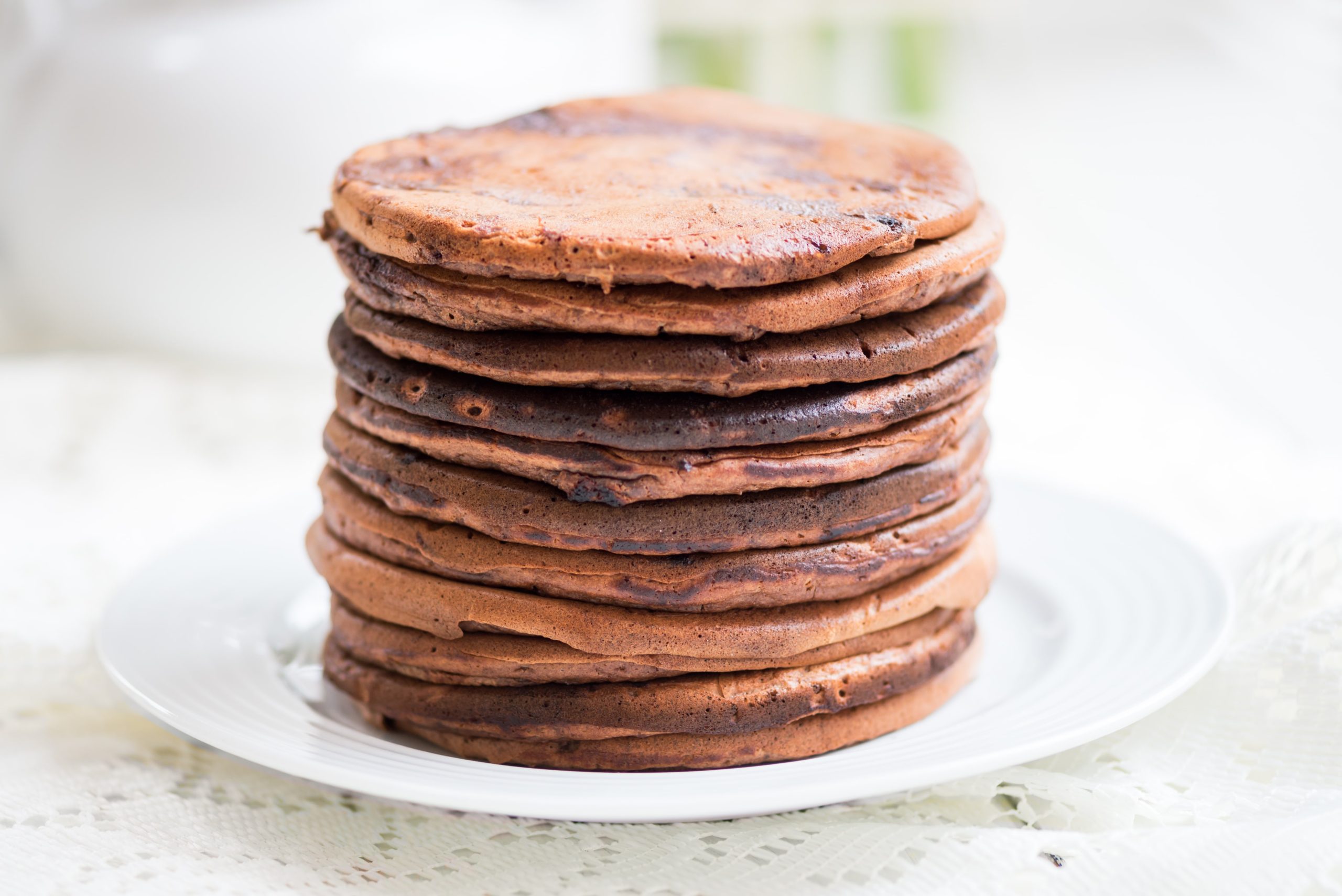
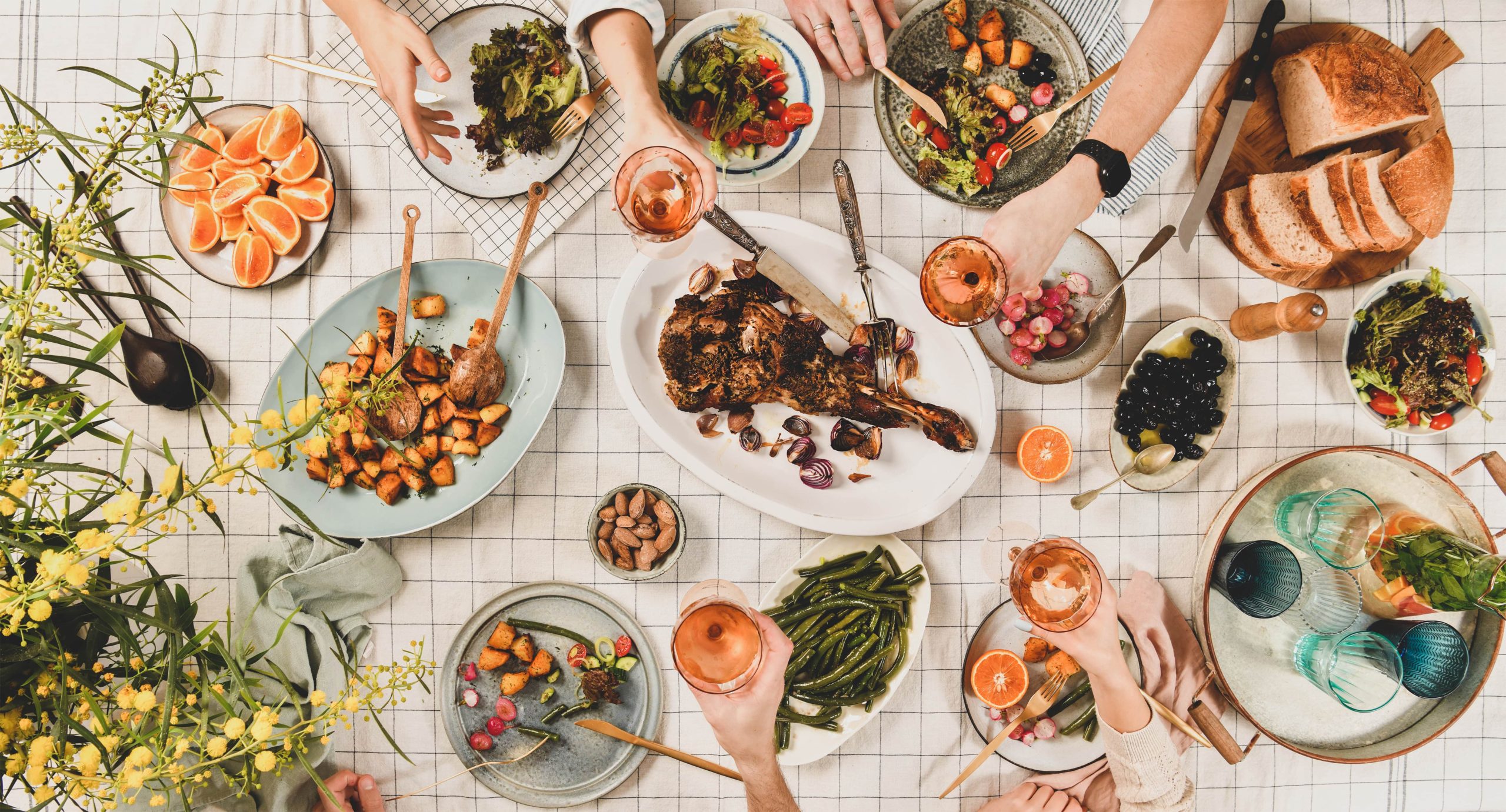
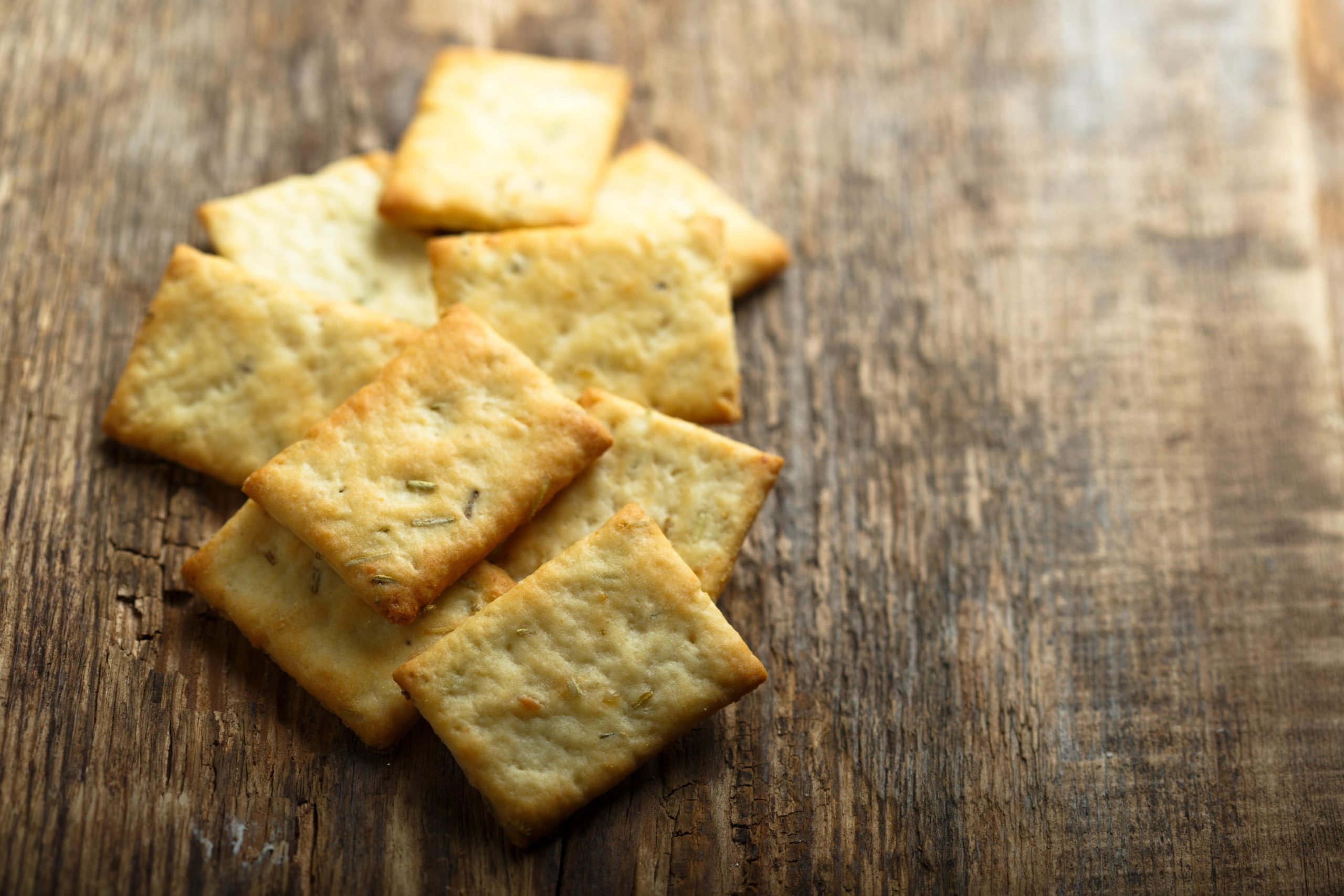
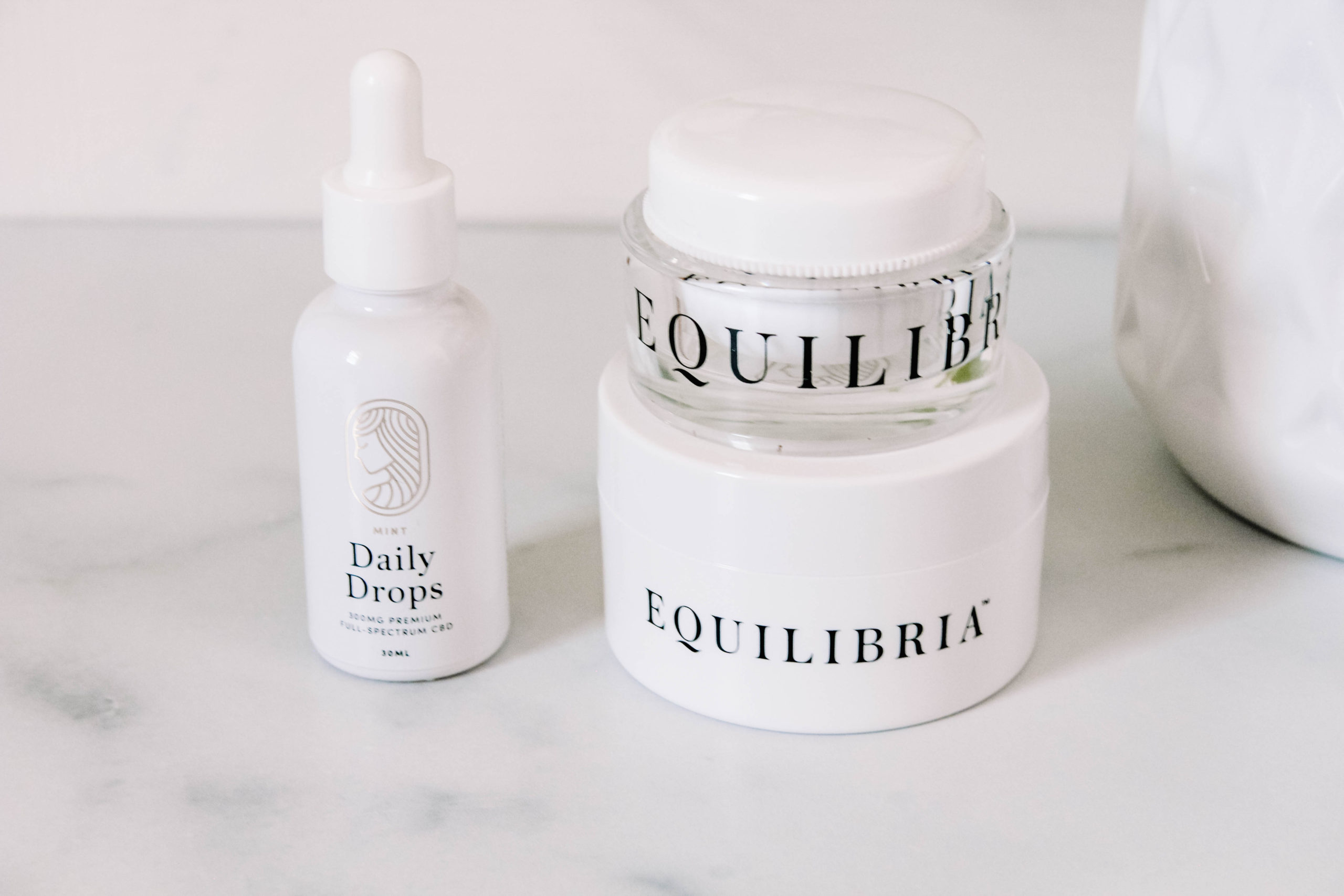
+ view comments